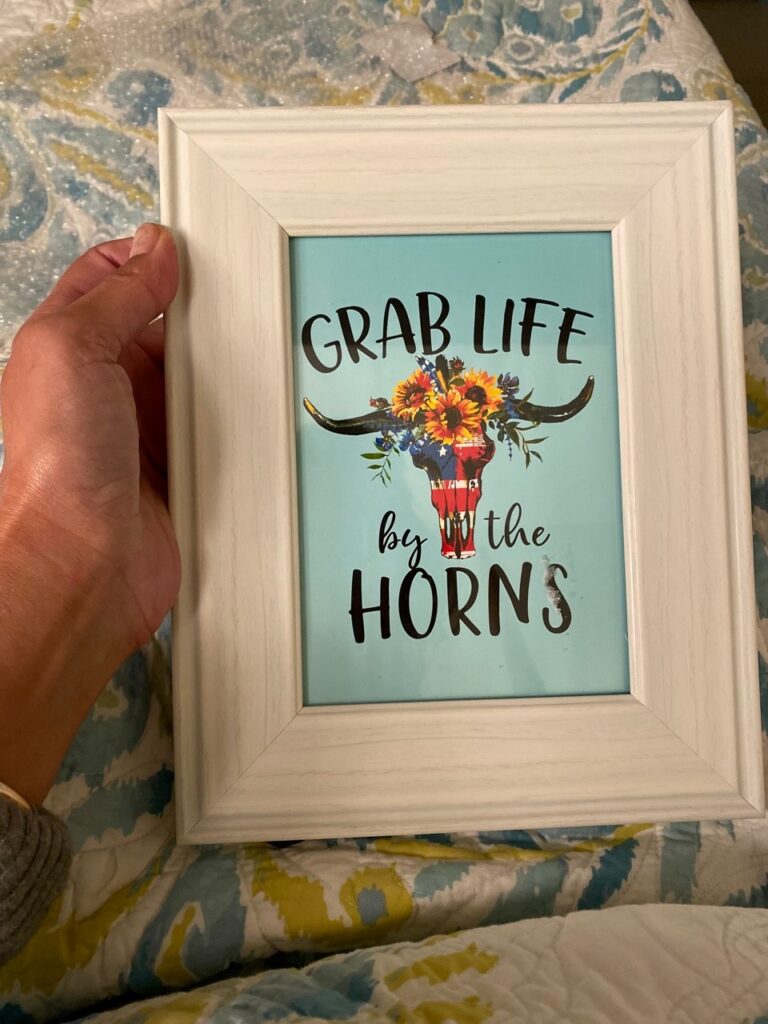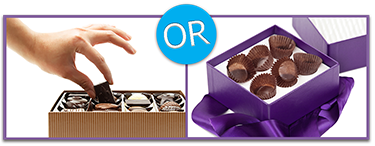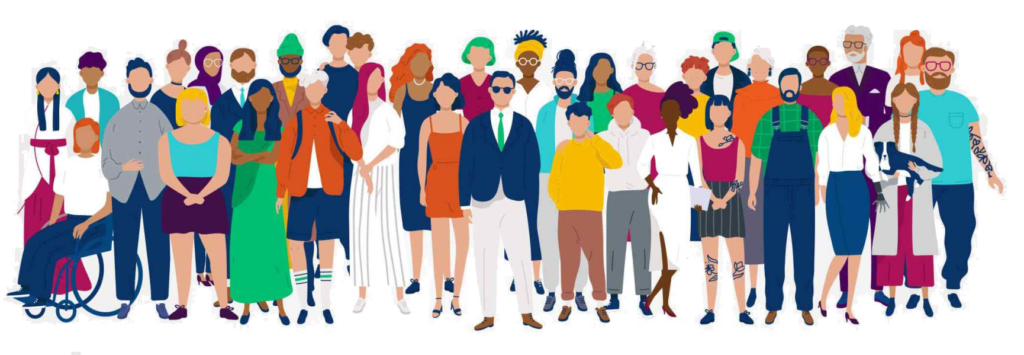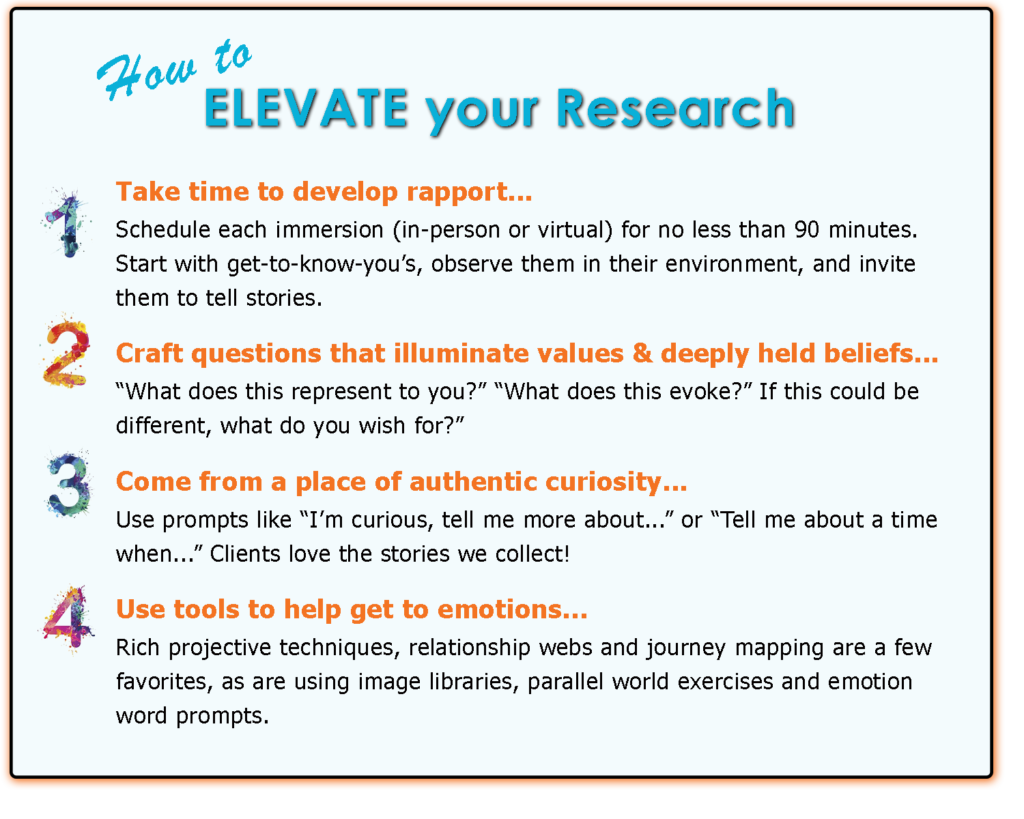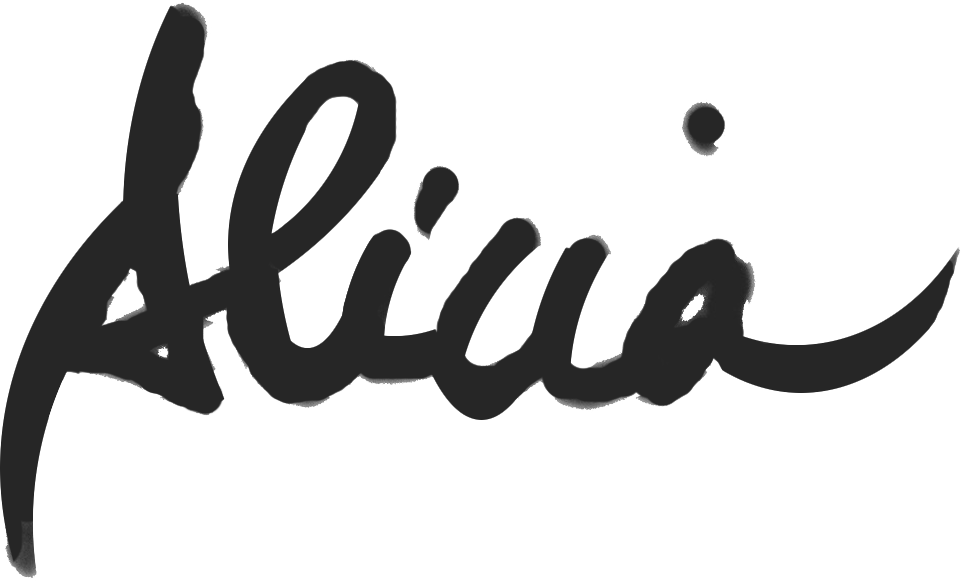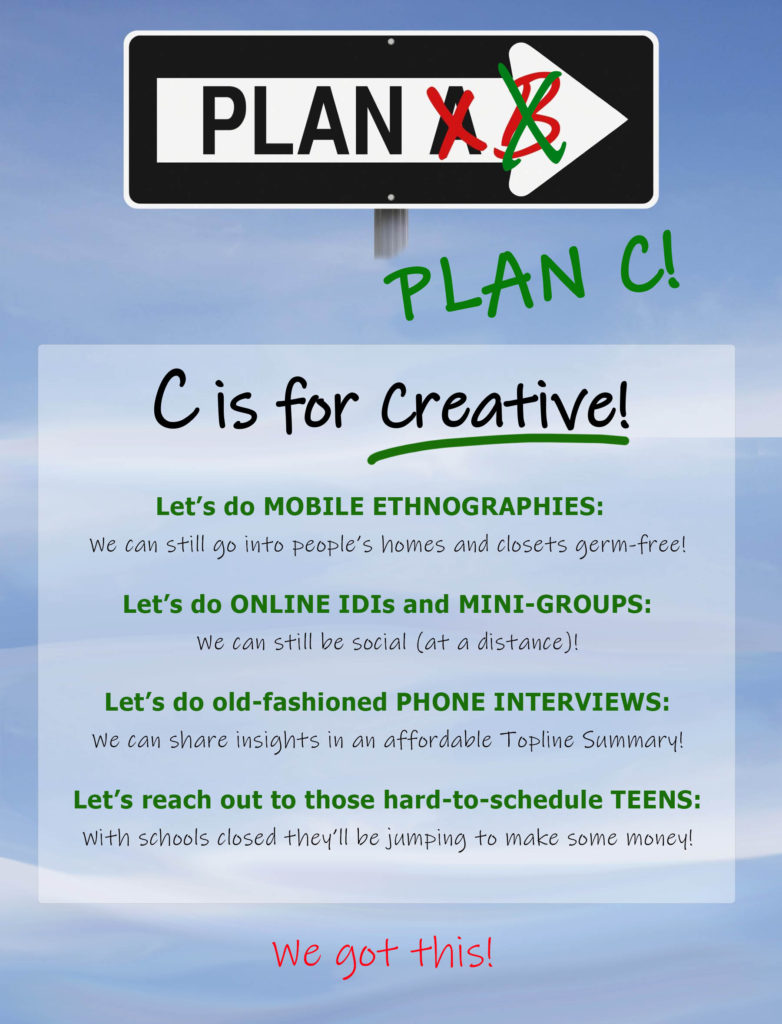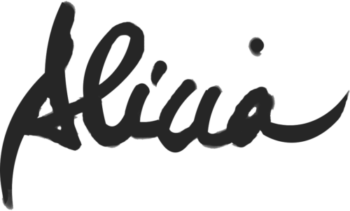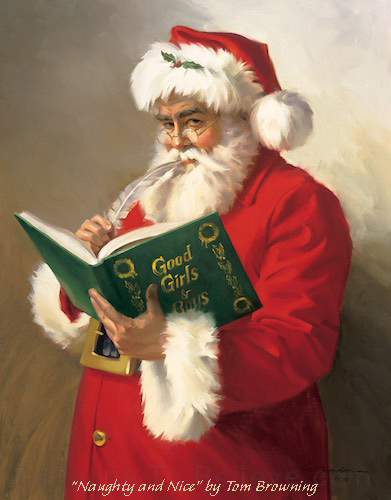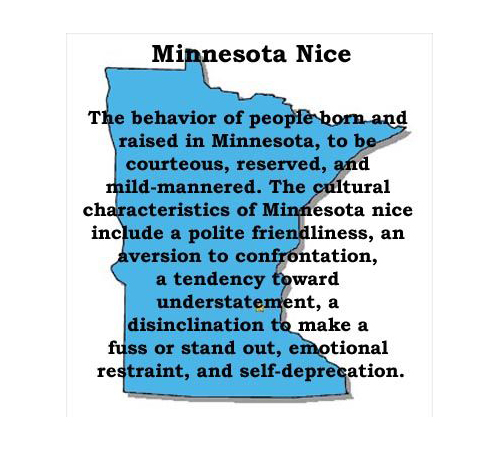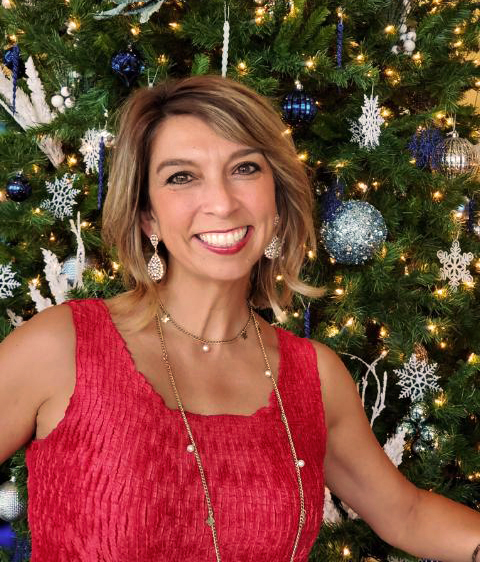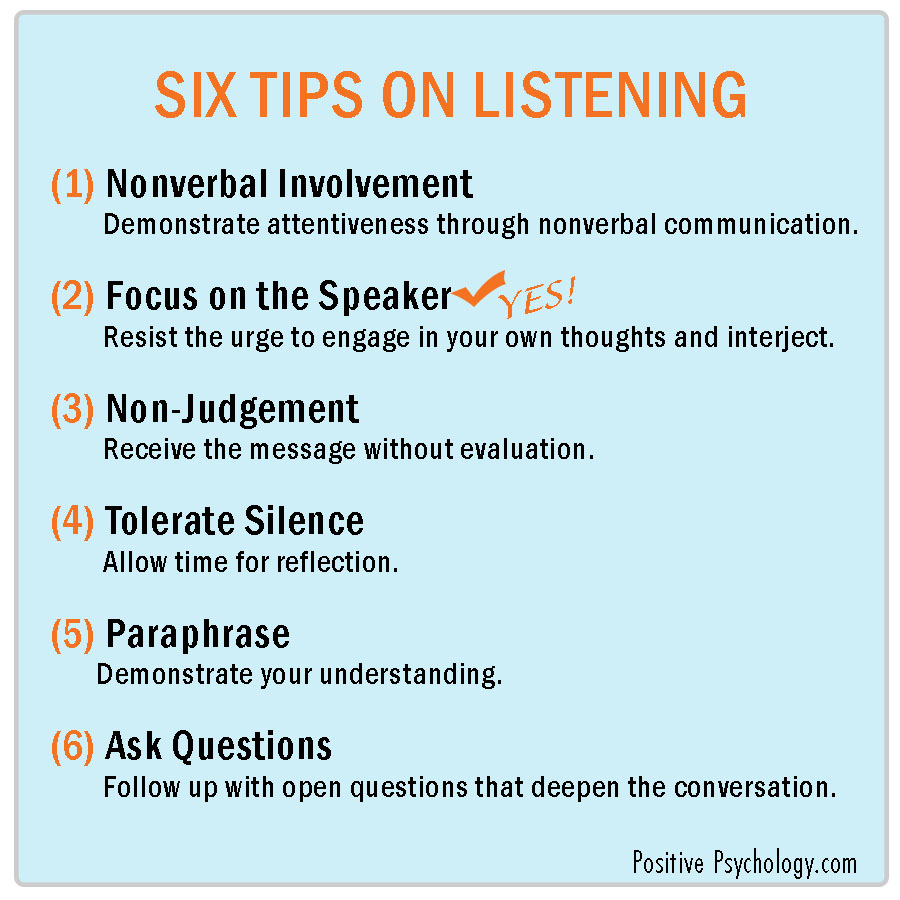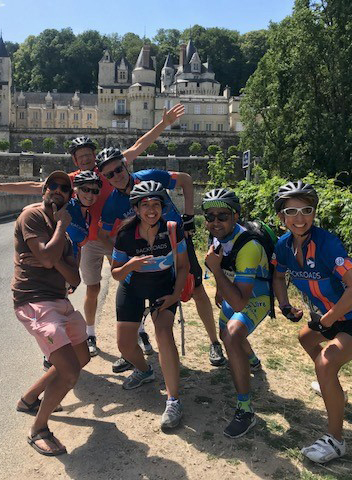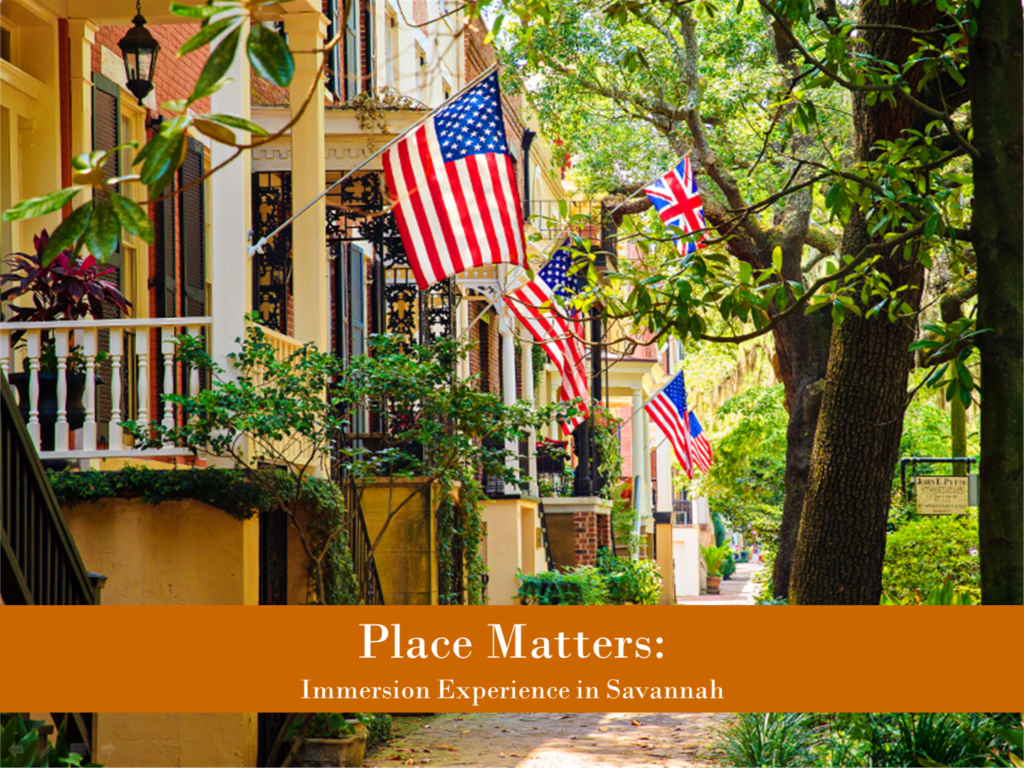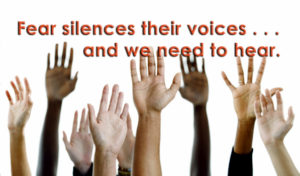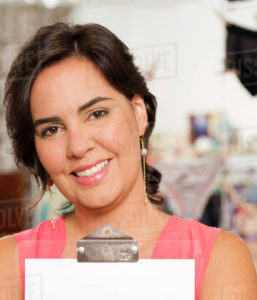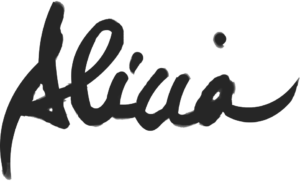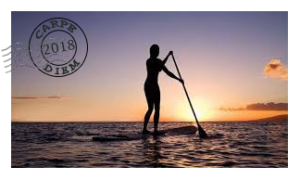Reflections for 2022
In my family, every other Christmas is our “personal Christmas,” instituted when my siblings and I began to have other requests for our holiday presence and Mama Menanteau (a retired teacher who thrives on order) wanted to ensure we all got on the same page.
I like to use these “personal Christmas” years for an international Winter Holiday. This year (despite much consternation), I decided to forge ahead, undergo the testing protocols, and travel to Belgium. The trip recharged my batteries because it spoke to my essence: I am an adventurer and a connector.
Let me explain . . .
In another life, I must have been was a funky art historian. I love to immerse myself in art collections — large and small, institutionally-sanctioned and community pop-ups. The sociologist in me is excited to learn history, customs and belief systems through art. The educator in me loves adapting these learnings into stories to share with my nieces and nephews. The researcher in me infuses art inspirations into my research engagement exercises.
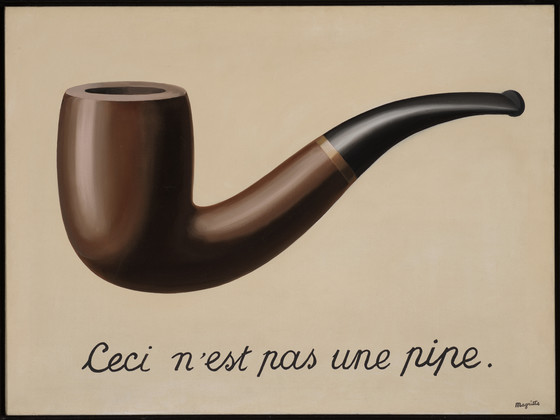
Brussels’ Magritte Museum left me thinking about identity. (An aside: Regrettably, today when we speak of identity, our minds immediately go to identity politics. It pains me that such a natural and supremely personal human need to explore, clarify, and declare identity should be politicized.) Surrealist René Magritte’s famous 1929 work “The Treachery of Images” (a.k.a., “Ceci n’est pas une pipe”) has puzzled many. This is where I feel in his surrealist rigor, Magritte was encouraging us to look at this piece using the KISS Principle* (*keep it simple, stupid). Simply, the painting is a representation of a pipe, not a pipe. So true.
Similarly, in the time of Covid, many may utter, “this is not who I am.” We may find ourselves not being the best version of ourselves, or we may yearn for our old lives and our old selves. (Pauline Boss’s concept of ambiguous loss fits aptly here). How can we take life by the horns (my theme for 2022, BTW) and forge forward to regain the “I” we feel we’ve lost due to our new reality?
As an adventurer and a connector, I’ve continued to safely forge forward in small and big ways and to hold onto what makes me who I am. Even if it’s just taking a Friday afternoon to visit the Museum of Fine Arts in St. Petersburg or attend a community theatre production, it fills the soul.
How about you? What are your “essence words?” Or, what is your theme for the year? Or, how do your passions inform your work? The connector in me would love to hear! ❤

